2025 International Congress on Medieval Studies: Report
August 24, 2025 in Abstracts of Conference Papers, Announcements, Business Meeting, Call for Papers, Conference, International Congress on Medieval Studies, Kalamazoo, Postal History at Kalamazoo, Societas Magica
RGME Activities
at the
2025 International Congress
on Medieval Studies:
Report
60th ICMS
Thursday through Saturday, 8–10 May 2025
(with Sessions variously
in Person, Online, or Hybrid)
[Posted on 20 August 2025]

Vista at the 2025 ICMS. Photograph by David W. Sorenson.
With the successful completion of our RGME activities at the 2025 International Congress on Medieval Studies, we offer a Report. For information about the Congress more generally:
- About the Congress itself, see International Congress on Medieval Studies (ICMS).
- About the 2025 Congress overall, see its website.
Building Blocks
The RGME activities at the 2025 Congress came into being in stages, according with the timetable for preparations for the annual ICMS from one year to the next.
1) First, as an Annual Congress takes place (for example, see our 2024 International Congress on Medieval Studies Report), we begin to confer about plans for the next year. We do so among ourselves and with current or potential co-sponsoring organizations who also make plans. At each Congress, our Open Business Meeting provides a gathering point to confer, share ideas, and spread the word to generate interest and find collaborators.
2) After designing the proposed sessions, we submit them by 30 May to the Congress Committee for approval, and then issue the Call for Papers, with the deadline of 15 September.
3) After the close of the CFP, selecting among the proposals received, we design the Program for each Session, with its Organizer or Co-Organizers, Presider, Speakers, and perhaps also a Respondent. In some years, as with 2025, our initial proposal can identify a subject for two sessions, Parts I and II. In some years, as with 2025, the strength and number of responses to the Call for Papers can lead us to seek, in some cases, two sessions (Parts I and II) in place of the one which we had proposed.
4) When ready, the Programs for our Sessions — presenters, sequence of papers, response(s) if included — are sent to the Congress Committee by 15 October for review and approval. That is the time also for booking our Open Business Meeting at the Congress and, in some years, a Reception.
5) In due course, the program of the Congress in full is set into place, as the Committee determines its order to announce it. Thus we can learn the date-, time-, and room-assignments of our set of activities.
6) Our custom is to announce our activities for a given Congress on our website, in a HomePage of its own, like the one for the 2025 Congress. The HomePage serves as an information center, with updates as appropriate, such as when the Congress approaches and there might be changes such as in the room assignment or details of the program for a given session.
7) From the HomePage are launched the Abstracts for Papers, as the speakers might allow. Note that the Abstracts are indexed, for convenience, in two ways:

Venue at the 2025 ICMS. Photograph by David W. Sorenson.
8) On site, as the Congress takes place, our activities unfold in their sequence as listed in the Program or adapted through changes. For 2025, our activities comprised the sponsored and co-sponsored Sessions of Papers; and our Annual Open Business Meeting at the Congress. The line-up by the time of the Congress:
All these events were successfully accomplished, with some adaptations within them as required. Hybrid sessions recorded by the Congress were available for viewing afterward by Congress registrants, for an assigned period.
9) Afterward, comparing notes and gathering photographs taken at the time, we produce the Report.
********************
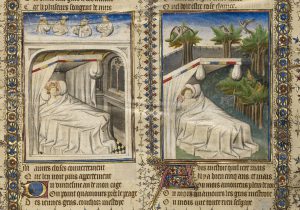
Los Angeles, Getty Center, Ms. Ludwig XV 7 (83.MR.177), fol. 1. Scipio and Guillaume de Loris Lying in Their Beds Dreaming. Image Public domain, via Wikimedia Commons.
Building upon our successful activities at the 2024 ICMS (see our 2024 International Congress on Medieval Studies Report), we prepared for the 2025 ICMS. First we proposed a set of sessions, sponsored and co-sponsored. Then, when they had been accepted by the Congress Committee, we issued the Call for Papers (CFP) for our proposed Sessions. The strength and number of the responses by the due date (15 September 2024) led us to seek, in some cases, two sessions in place of the one which we had proposed.
With the Congress Program set into place or revised, we presented the Program of our activities, both sponsored and co-sponsored. We give thanks to our organizers, co-organizers, presenters, respondents, advisors, co-sponsors, participants, and audience both in-person and online, and to the Congress, its staff, and its co-ordination.

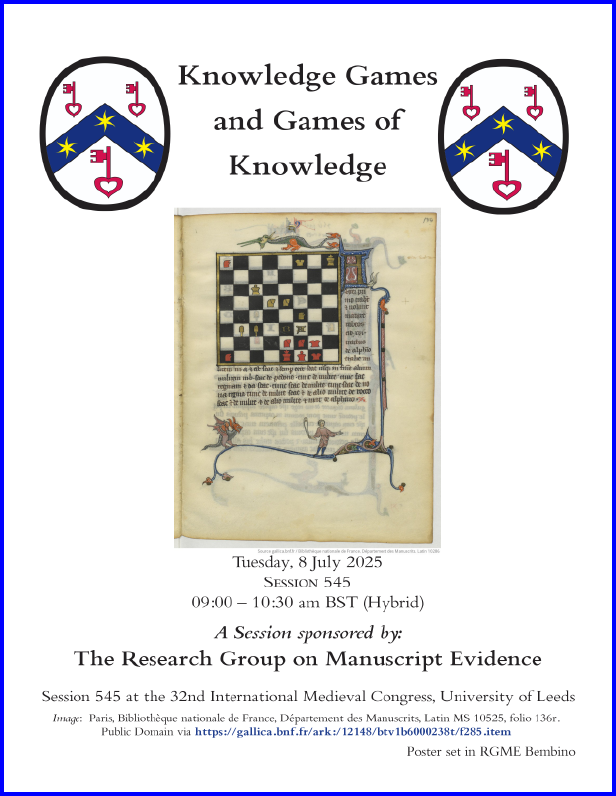
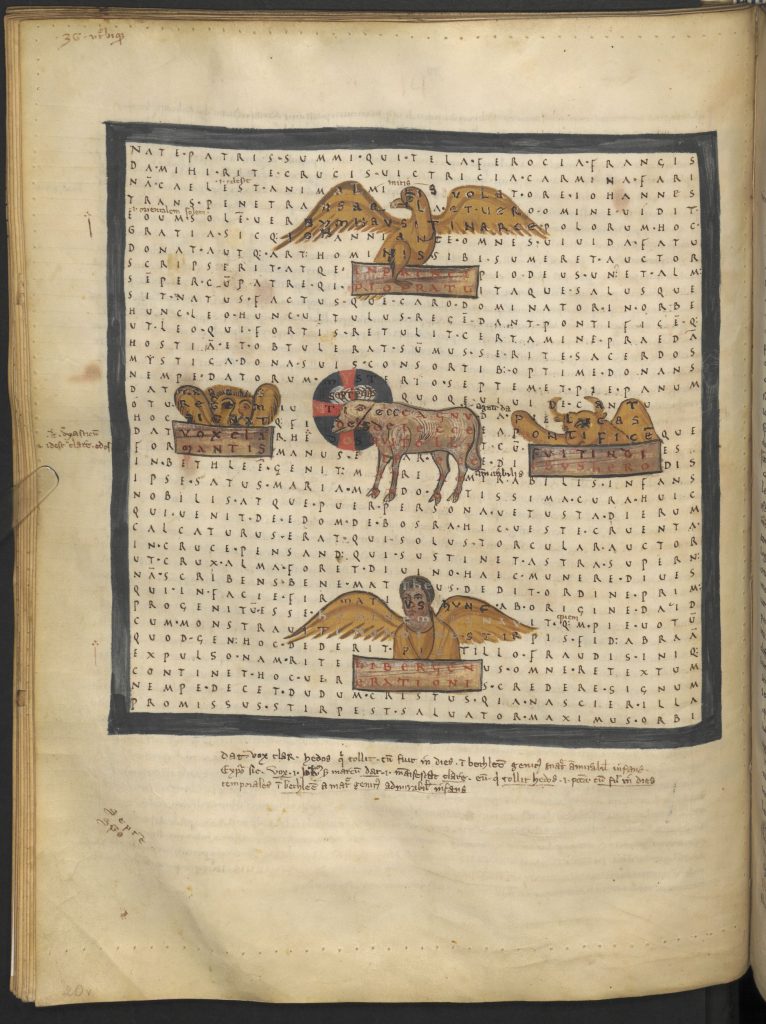
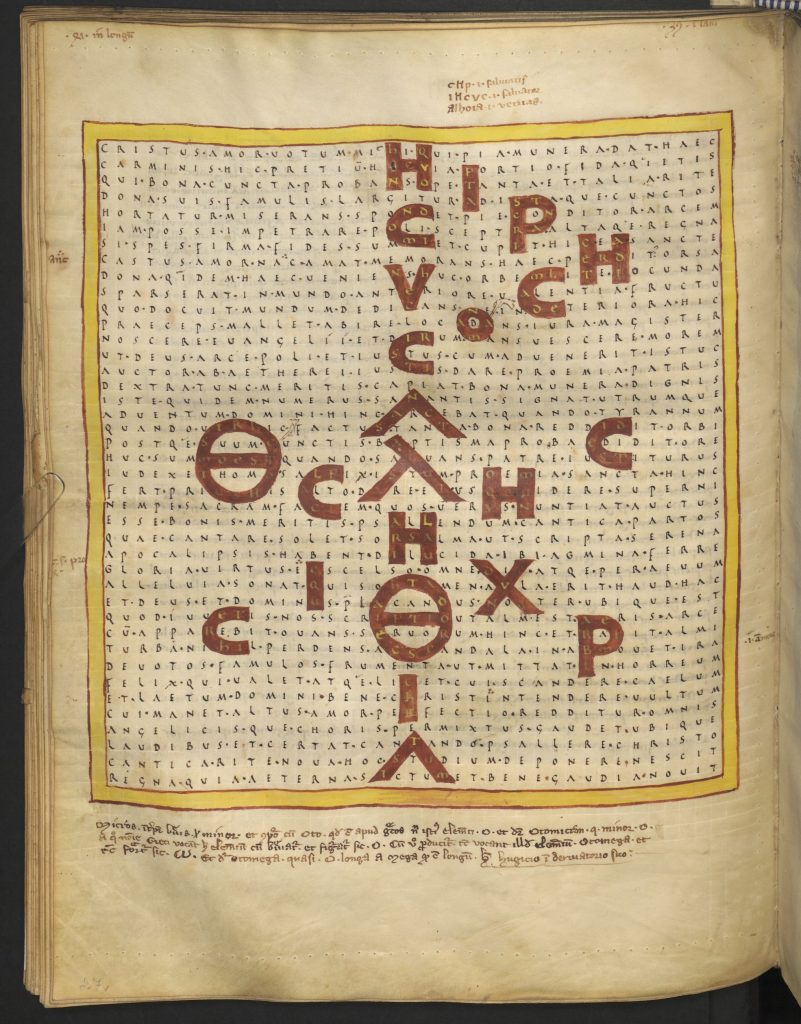
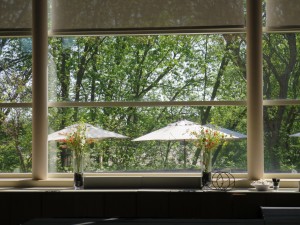
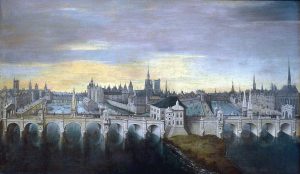



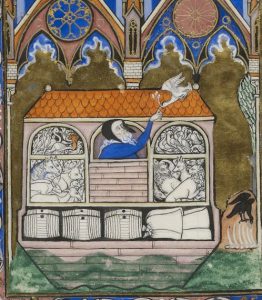
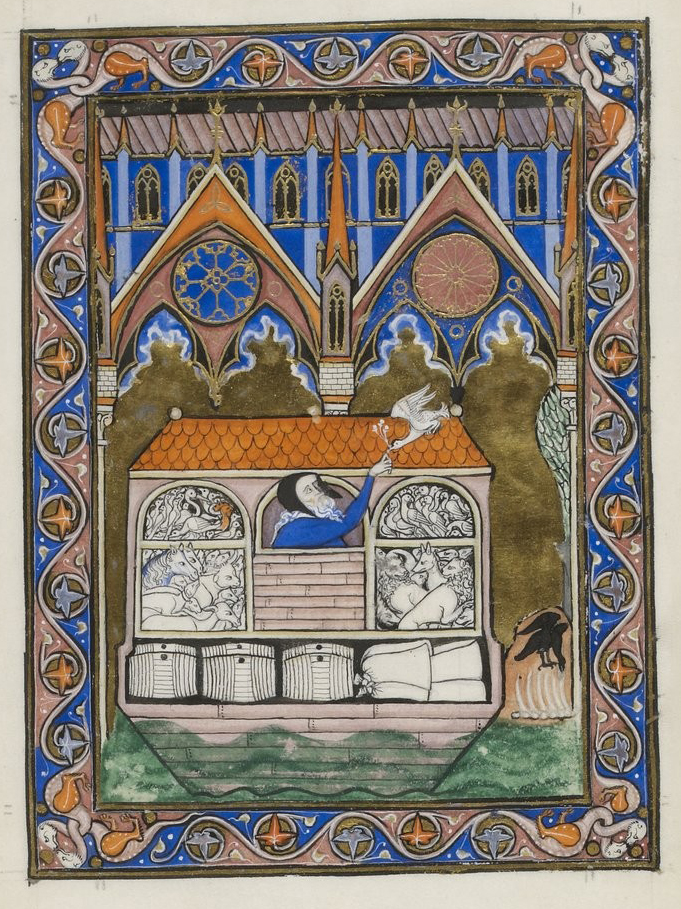
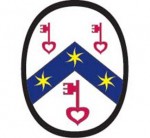
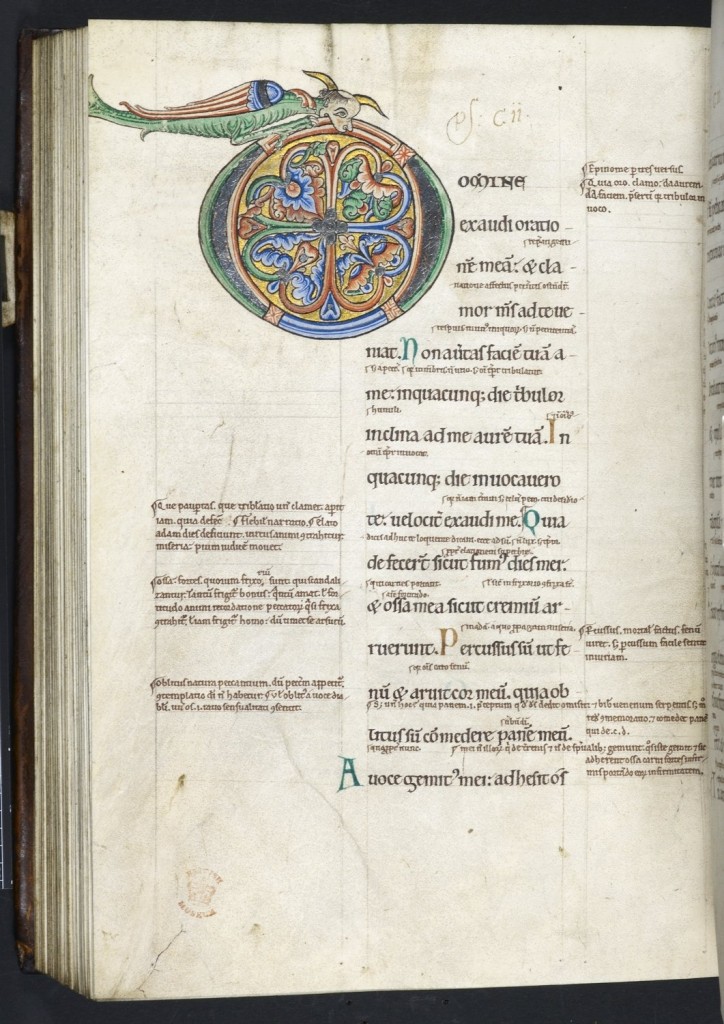
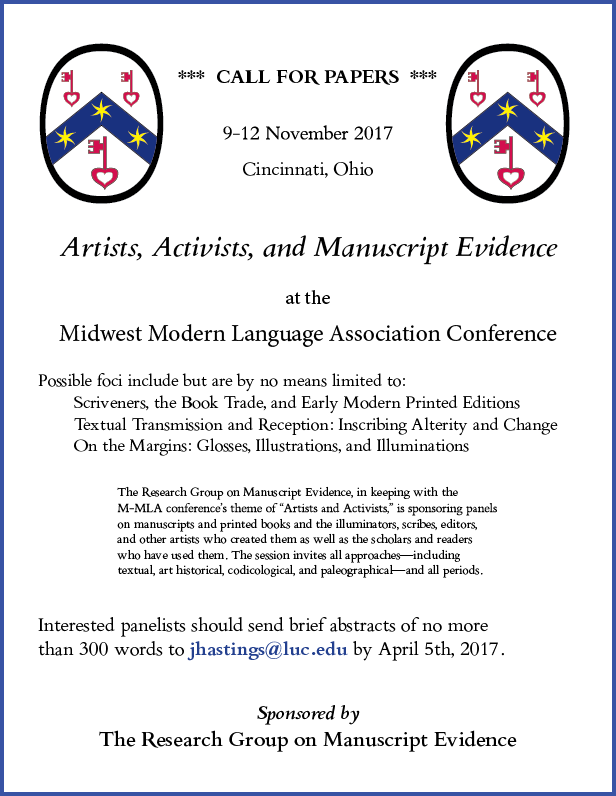
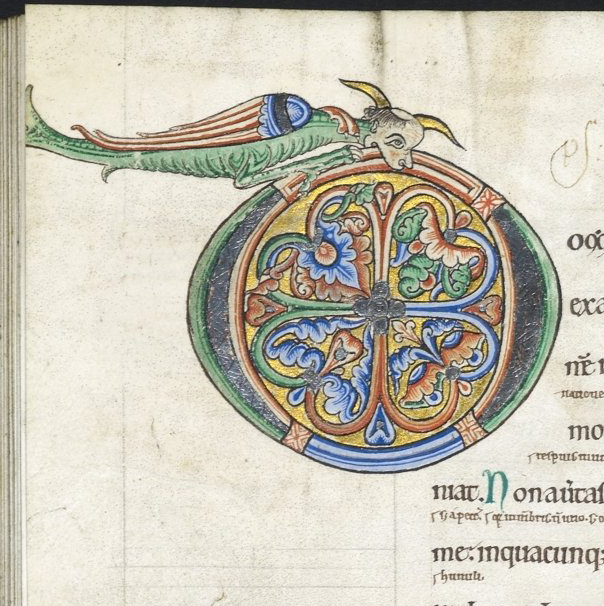
2025 International Medieval Congress at Leeds: Call for Papers
August 1, 2024 in Announcements, Call for Papers, International Medieval Congress, Leeds, Manuscript Studies
2025 International Medieval Congress
at Leeds:
Call for Papers
“Manuscripts as Worlds of Learning”
(2 Sessions + Roundtable)
32nd Annual IMC
Monday to Thursday 07–10 July 2025
(with In-Person and Virtual Components)
Deadline for your Proposals for Papers: 5 September 2024
Dublin, Royal Irish Academy, MS 23 E 25, p. 73, top. Image via https://codecs.vanhamel.nl/Dublin,_Royal_Irish_Academy,_MS_23_E_25 via Creative Commons (CC BY-SA 3.0).
[Posted on 1 August 2024, with updates]
Building upon the successful completion of our RGME Inaugural Session at the International Medieval Congress (IMC) at the University of Leeds in July 2024, we announce the Call for Papers (CFP) for our activities at next year’s Congress.
For information about the Congress, see
Note that the general deadline for individual papers without specified sessions in a general pool is 31 August 2024.
The deadline for proposals for our RGME-sponsored Sessions is 5 September 2024. Please send your proposals directly to us as organisers; we will select the programmes by their deadline of 30 September 2024. (Instructions below.)
“Worlds of Learning” at Leeds in 2025
Next year’s Thematic Focus for the IMC is “Worlds of Learning”. The broad scope is described in the general Call for Papers: IMC 2025 – ‘Worlds of Learning’.
We invite you to submit proposals for a set of interlinked events planned for the Research Group on Manuscript Evidence (RGME) to focus on the power and potential of manuscripts to contain, convey, and embody worlds of learning within their span. In effect, given their structure and contents, as we approach them as beholder, user, reader, student, teacher, or admirer, they may carry worlds in our hands.
How might medieval manuscripts do so, variously for their medieval audience, later intermediaries, and our own times? How might and do they function as “Worlds of Learning” in their own right/write? We explore.
Update (14 August 2024): As interest grows, we plan several sessions for the 2025 IMC.
In another post, we present a Session with Papers devoted to “Game Knowledge and Knowledge of Games”, which follows up a strand in our RGME Inaugural Session this year.
Here we present a suite of events containing two Sessions with Papers accompanied by a Round Table with Discussion, all dedicated to “Manuscripts as Worlds of Learning”.
Read the rest of this entry →
Tags: 'Commonplace Books', Authority Texts, Biblical Commentaries, Classbooks, History of Pedagogy, Instruments of Learning, International Congress on Medieval Studies, International Medieval Congress, Lebor na hUidre (LU), Legal Commentaries, Manuscript Miscellanies, Manuscript studies, Pedagogy, RIA MS 23 E 25, Worlds of Learning
No Comments »